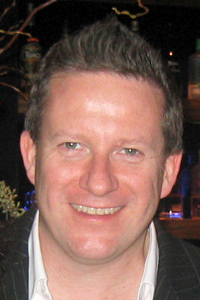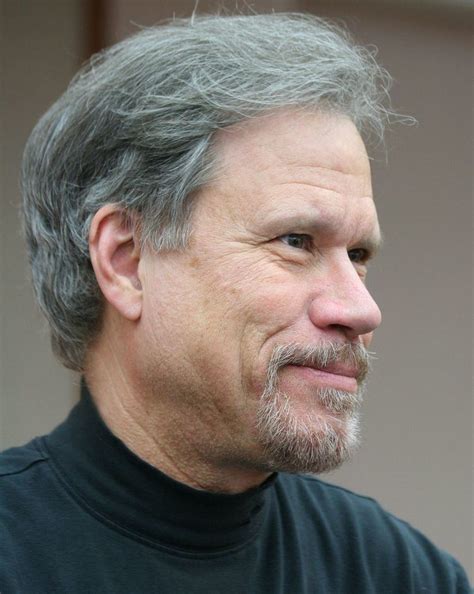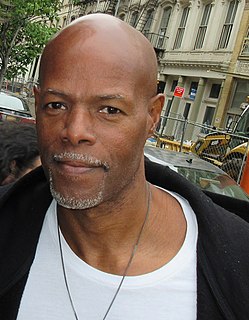A Quote by David Ayer
You never know what you have until you put it in front of an audience. That's the truth. That's the truth of filmmaking and that's why you make movies, for an audience to, hopefully, enjoy it.
Related Quotes
I always tell that to young people - go to college, do theater, work with an audience. Don't try to learn how to act in front of millions and millions of people. Don't make that your first ambition, to be on a sitcom or get into the movies. Learn who you are as an actor, and the best way to do that is to do it in front of an audience.
I definitely prefer the single camera better. For me it's the simple fact that I enjoy working in front of an audience, but when you're trying to create a suspension of disbelief it's much harder to do in front of audience because they become a partner. Moreso than that, they become in charge of the timing. From the simple, mechanical fact that you have to hold for their laughter. The actual timing of the scene is in the hands of the audience. As a control freak, I don't enjoy that as much as the ability to be able to control it in an edit room.
I do think - I always tell that to young people - go to college, do theater, work with an audience. Don't try to learn how to act in front of millions and millions of people. Don't make that your first ambition, to be on a sitcom or get into the movies. Learn who you are as an actor, and the best way to do that is to do it in front of an audience.
Whoever writes a bad review, I put their name on a list, and they're going to get taken care of one day down the road. Otherwise, I don't let it bother me. The truth is, these are review-proof movies. The audiences are going to see it. My audience, our audience, isn't reading Esquire magazine to see if my movie is good or not. They just want to laugh, to be entertained, and lose themselves.
As a filmmaker, I believe in trying to make movies that invite the audience to be part of the film; in other words, there are some films where I'm just a spectator and am simply observing from the front seat. What I try to do is draw the audience into the film and have them participate in what's happening onscreen.




































